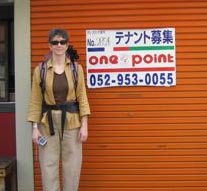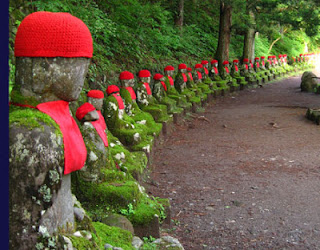After the Laundry, the Laundry

f9 Photos/Shutterstock.com “Living with a busy family, I often feel just like one of the Tibetan monks I once saw making an intricately designed sand mandala. For months, they bent over the ground, arranging the sand grain by grain, and once their beautiful creation was complete, they cheerfully destroyed it in the ultimate celebration of impermanence. While I don’t create ceremonial mandalas, I do wash the dishes. And when I come back to the sink later, dirty dishes have appeared again. I fold and put away a basketful of laundry, and in no time, the basket is full again. Even my yoga mat is a reminder of impermanence. Just this morning, it was stretched out on the floor, filled up with my movements, and now it leans against the wall, empty and forlorn. As the Buddha said, impermanence is the nature of the human condition. This is a truth we know in our minds but tend to resist in our hearts. Change happens all around us, all the time, yet we long for the predictable, the co...









